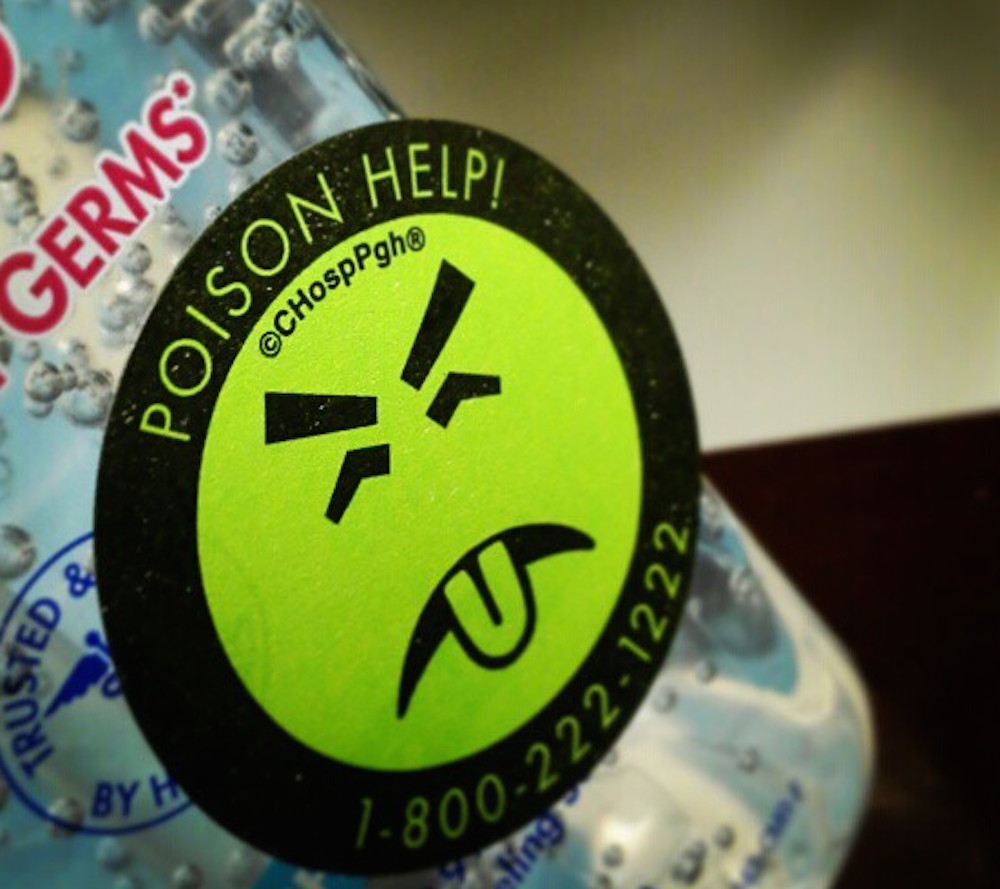Craft
What Writers Need to Know About Morality Clauses
You may not even realize that your book contract could be canceled if you're accused of misconduct—or just cause drama

In 1921, the silent film star Fatty Arbuckle was accused of raping and murdering the actress Virginia Rappé at an illicit gin party he’d thrown in his hotel room. Though Arbuckle was acquitted in court, the damage to his reputation ended his career and cost his employer, Universal Studios, a lot of money. As a result, Universal began to protect its investments by including morality (or morals) clauses in their contracts, which allowed the studio to simply fire any actor who acted badly off-set.
While morality clauses became standard in Hollywood, the publishing industry never really followed suit. An author’s obligation has been to deliver their work, not uphold a certain standard of behavior. It was never a secret, for example, that Norman Mailer stabbed his first wife or that William S. Burroughs murdered his second. It didn’t need to be; for better or worse, an author’s book was seen as a thing apart from their personal life. Or insofar as their personal life was relevant, moodiness and depression or even abusive tendencies have long been considered part of the “artistic temperament” and didn’t detract from sales.
In an era where publishers are still making big bets on individual writers but profits are strained, a single scandal can harm their bottom line.
But cultural standards are changing, and customers are more likely to let an author’s personal behavior determine whether or not they will read their book. This shift has become more visible since the beginning of the #MeToo movement, when allegations of sexual assault, harassment, or misconduct against authors, including best-sellers like Junot Diaz, James Dashner, and Bill O’Reilly, has led to author boycotts, rescinded or canceled prizes, and plunging sales. The stakes in publishing aren’t Hollywood-level high (in 2018 Netflix announced it had lost $39 million for unreleased content “related to the societal reset around sexual harassment”), but they can be considerable: O’Reilly was earning seven-figure advances for his best-selling Killing series before his decades-long sexual harassment history came to light. In an era where publishers are still making big bets on individual writers but overall profits are strained, a single scandal can harm their bottom line, and publishers—especially big houses like Simon & Schuster, HarperCollins, and Penguin Random House— have increasingly turned to morality clauses to protect themselves.
These clauses are meant to empower publishers to easily terminate contracts without going to court. That means that they are manifestly set up to protect the publisher, not the writer. You only need to look at a morality clause’s vague language to see how wide the net is for an author’s misconduct: for example, if an author’s conduct results in “sustained, widespread public condemnation…that materially diminishes the sales potential of the work” (in the words of one publisher’s contract) or “ridicule, contempt, scorn, hatred, or censure by the general public or which is likely to materially diminish the sales of the Work” (in the words of another), a publisher can cancel a book and, in some cases, demand the return of any advance payments.
For authors who are concerned about abuse within the publishing industry—which is unquestionably real and underaddressed—this can initially seem like a proactive move. The #MeToo movement has made clear that we are dealing with a culture of doubting women and pardoning men—a culture that morality clauses are trying, however ineptly, to correct. Yes, they’re vague and overly broad and point down a slippery slope, but when has our culture ever been in danger of believing female accusers too easily or punishing male abusers too much? Put another way, it’s a matter of balancing two aspects of the drive for justice: the desire to protect people from being penalized for their sexuality, lifestyle, or political beliefs, versus the desire to believe victims and hold men accountable for their crimes. As a female reader, it’s hard not to want to see publishers drop writers who have harassed or assaulted women—and in fact many publishers and agents don’t want to work with accused writers on moral grounds, either.
But as much as I would like for such misconduct to have consequences, this isn’t the way to go about it. For one thing, the self-protectively vague nature of the offenses described in morality clauses means that there’s no reason to assume they will only be used to punish harassment or assault. Even more difficult to swallow is that morality clauses are triggered by allegations, not guilt. A publisher can let go of a writer who has been accused of a crime like sexual harassment or libel without there ever being formal charges, much less a conviction in court. And the alleged misbehavior doesn’t have to have happened anytime recently. For example, in 2017 Penguin Press dropped journalist Mark Halparin, co-author of Game Change and Double Down, after women accused him of sexually harassing them during his tenure at ABC News in the early 2000s. Penguin Random House specifies in their contract that they can fire any author whose “past or future conduct [is] inconsistent with the author’s reputation at the time this agreement is executed.” Given that publishers aren’t hurt by the actual misconduct but by the backlash that undermines book sales, it’s irrelevant to them when the deed occurred—and anything in an author’s life becomes fair game.
Because morality clauses are relatively new to publishing and agents often handle contract negotiations, some writers aren’t even aware that they’re in their contracts.
Because morality clauses are relatively new to publishing and agents often handle contract negotiations, some writers aren’t even aware that they’re in their contracts. Others have refused to sign them, worried about a scenario in which publishers use morality clauses as a pretext for social policing or to repress free speech. This may sound far-fetched, but as recently as the 1940s and ‘50s, Hollywood studios used such clauses as cause to fire actors and screenwriters who’d spoken out against Senator John McCarthy and his House Committee on Un-American Activities during its witch hunt for Communists. At one time being a communist—or gay or a woman having extramarital sex—could have been grounds to be fired (and was, in Hollywood), and there’s no way to know how our definition of moral turpitude (the catch-all legal term for socially unacceptable behavior) will continue to change over time.
It’s especially hard to know what will spur public condemnation in the age of social media. On Twitter and Facebook, small incidents can quickly grow into public outrage. The Authors Guild of America, which is vocally against morality clauses, points out that women and people of color, who are subject to more online trolling, are especially vulnerable and “may choose not to speak out in their own defense for fear of drawing internet fire that might result in a contract termination.” The wording of a morality clause is so vague that a publisher spooked by a coordinated online pile-on could theoretically cut and run even if the author says nothing.
So what’s an author to do? The best recourse for writers who are uncomfortable with morality clauses is to try to negotiate with their publisher on the terms of their contract. For example, writers can change the clause’s language to be more specific as to what constitutes actionable misbehavior, or they can ask that the clause will only apply to the period of publication. Of course not all publishers will play ball, and some writers will have to choose between staying with their publisher or signing a contract with a morality clause.
We need to find a way to address abuse, both in and outside of the publishing industry, but forcing writers to sign morality clauses poses a threat to literature that isn’t worth the risk. Publishers can’t be expected to be arbiters of justice when their motivations are complicated by profits. The authors who have been accused of “socially unacceptable behavior” might one day be found to have acted in the right—though if their work is never published, we’ll never have the chance to reassess.








